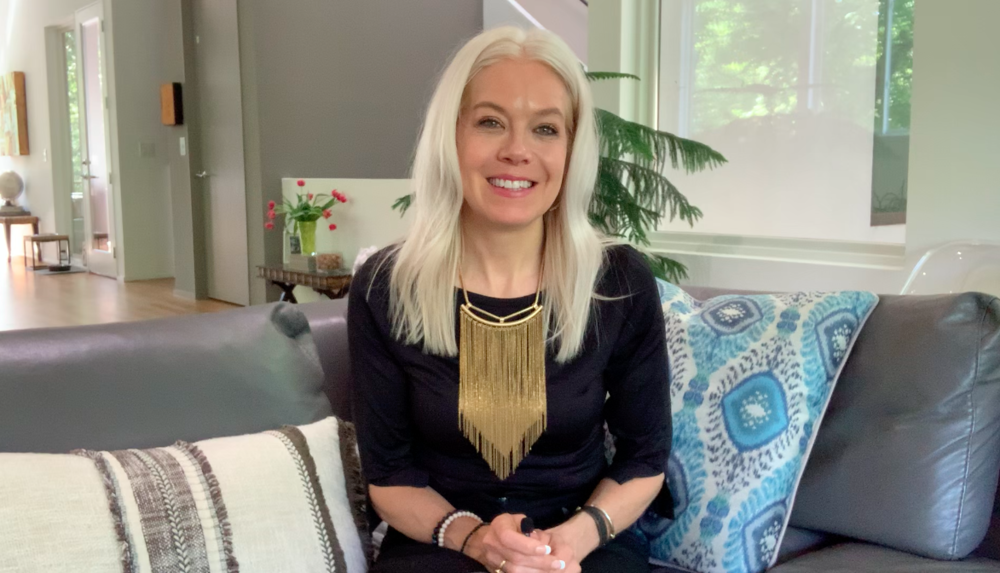
Practicing mindful eating skills can help you delete guilt associate with eating.
10 STEP MINDFUL EATING GUIDE
mind*ful /’min(d)fǝl/ adjective – Conscious or aware of something
We all experience food cravings and struggle with how to manage them. Creating mindful eating habits can establish healthier ways to eat as well has help you learn how to handle your cravings with a higher sense of awareness, consciousness and intention. Mindful eating skills have show to help eliminate emotional eating habits. A quick mindful meditation created by Jamie Zimmerman, M.D. uses the acronym STOP.
S = STOP what you are doing and acknowledge the craving.
T = TAKE three slow, long and deep breaths. Give your panicky brain some oxygen that is struggling with a craving.
O= OBSERVE where the craving is it coming from and what emotion(s) you are feeling. Stress, fear, disappointment, weakness, or habit? Just pay attention to where it is stemming from without judgment.
P= PROCEED in a way that feels supportive to you without judgment. The first time you do this you might be able to mindfully move your way out of a craving or not. The importance thing is to just be aware of your craving, the emotion driving the craving, and what you default to doing when you feel this emotion, without judgment.
10-Step Mindful Eating Meditation
1. Create a peaceful eating space that you will enjoy dining at. I’m a big fan of buying pretty flowers for the dining room table with candles and other decorations that will encourage me to eat at the table instead of the kitchen bar or (gasp) in front of the TV.
2. Breathe. Begin with five deep, slow breaths before you eat ANYTHING. This ritual helps bring you into the present moment to become fully aware about nourishing yourself.
3. Attune to your body. Scan your physical body. Where are you holding tension or stress? Relax and let go. Tune into your belly and rate your hunger on a scale of 1-10 (1=starving; 10=Thanksgiving Day full).
4. Attune to thoughts and emotions. Acknowledge active issues like stress and intentionally place them aside for now, to be handled at another time but not during your meal.
5. Bless or give gratitude for your food. Give thanks to the hands that prepared it and those that provided it. Think about where the food came from and where it is going. It’s important to be grateful for the food you are about to eat. I firmly believe that how you feel about your food impacts the way it is digested.
6. Attune to your senses. Before taking the first mouthful, visually contemplate the colors, shapes, textures, aromas, and temperature of your food. What does your food look like? Hot or cold? Are you eating the rainbow with plenty of plants or one color/food? Just take a moment to look at and admire your food.
7. Take your first mouthful, close your eyes, savor, and chew thoroughly. The act of chewing is important and easily forgotten. Chewing your food well is necessary for proper digestion, helps to break down and alkalize the food, and helps to slow you down.
8. Receive each swallow consciously. This recommendation was kind of awkward for me initially because it made me realize that I defaulted to taking really big bites. The goal is to acknowledge and be mindful of digestion.
9. Pause often throughout your meal to breathe and tune into your belly and emotional state. When the belly feels satisfied, notice if there is another part of you wanting more food. With compassion and without judgement, notice what you need.
10. Digest. Sit back, breathe often, and acknowledge the digestive process taking place in your body to enhance satisfaction but also well-being during and after the meal.
Ready to UN-diet and still eat your favorite food?
You can work with me one-on-one in a private appointment, join a mindful eating retreats or online 30-day mindful challenge to help you create a healthier relationship with food and your body!

